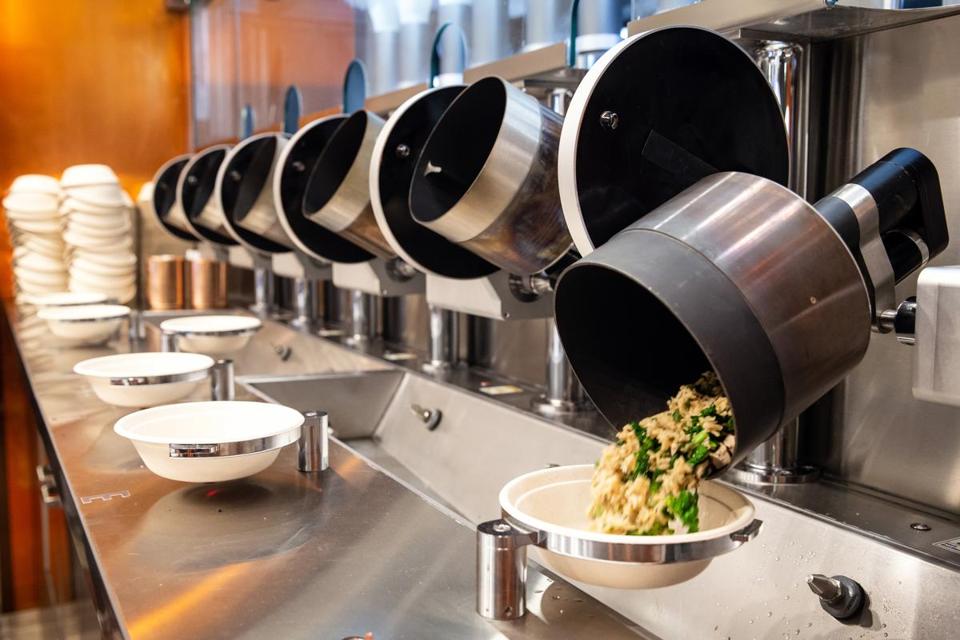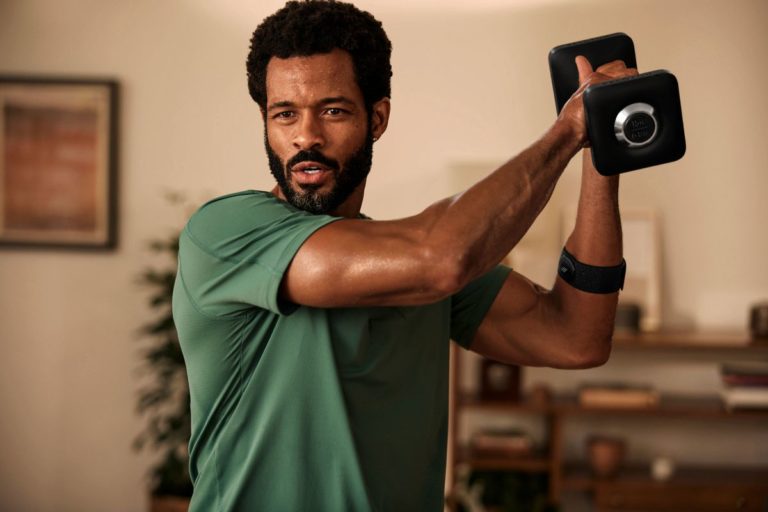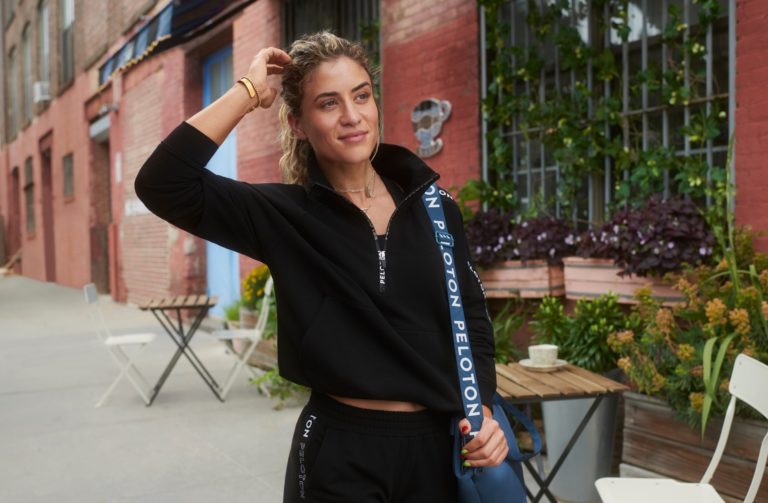Welcome to the Fitt Insider Weekly Debrief. Every weekend, we compile the top stories impacting the business of fitness and wellness from the past week.
Here’s what you need to know for August 28, 2021…
- Peloton takes a step backward
- Headspace wants more mindshare
- Sweetgreen eyes salad-making robots
Backpedal
On Thursday, Peloton’s fiscal Q4 2021 earnings revealed red flags, sinking its stock.
- Net loss of $313.2M
- Product gross margins hit a record low of 12%
- $937M in revenue, down 25.8% from $1.3B last quarter
A key retention metric, average net monthly connected fitness churn reached 0.73%, up from 0.52% last year. And average monthly workouts per connected fitness subscriber sank to 19.9 from 24.7 a year earlier.
Translation? Last quarter, connected fitness subscribers used their equipment less often while others abandoned their content subscription altogether.
Defending the downturn, Peloton CEO John Foley pointed to expected seasonal trends, like vacations or time outdoors. But the company’s fiscal Q1 2022 forecast of $800M in sales proved problematic, as it came in below analyst estimates of $1.01B.
Hardly the only Peloton-related news of the week, the company made waves beyond its earnings report:
- Peloton is cutting the price of its original Bike by 20%.
- Updates to its app indicate a Peloton rowing machine is on the way.
- Following a recall, the equipment maker will begin selling its treadmill again.
- The DOJ and Dept. of Homeland Security subpoenaed the company over treadmill injuries.
Zooming out, Peloton shares have fallen about 28% year to date, bringing the company’s market cap to $31B.
Top of Mind
Meditation app Headspace and teletherapy company Ginger are merging to form Headspace Health, a newly formed entity valued at $3B.
- Last year, Headspace added $93M in Series C funding ($216M total).
- Earlier this year, Ginger reached a $1B valuation following $100M in funding from Blackstone Group (amassing a total of $220M to date).
Combining mindfulness and mental healthcare, Headspace Health will deliver meditation, behavioral health coaching, therapy, and psychiatry to consumers, employers, and health plans. The merger enables:
- ~100M users across the US and 190+ countries
- 2,700 enterprise and health plan customers
- $300M projected gross sales by the end of 2021
Joining forces, executives say, Headspace Health now has “the world’s largest mental health data set, which will be leveraged to deliver highly personalized care.”
Ther-app-y for all. As we detailed in Issue No. 139, Mental Healthcare Goes Digital, venture-backed startups are attempting to revolutionize a broken industry.
- Last year, businesses in the digital behavioral health space raised a record $2.4B in funding, up from $915M in 2019.
Although the industry is still in its infancy, and even as experts debate if the new entrants are doing more harm than good, expect to see more funding flow to startups leveraging tech to cut costs, scale psychiatric expertise, and lure patients away from the archetypal therapist couch.
Salad Bots
Ahead of a planned public offering, sweetgreen is getting its compostable bowls in a row.
Valued at $1.8B, the salad chain has seen sales rebound from a pandemic slump. Turning the corner, the company recently made a few strategic moves:
- Acquired kitchen automation company Spyce
- Refreshed its brand identity to spotlight sustainability
- Tapped former Starbucks exec Wouleta Ayele as its new CTO
Faster casual. Hoping to reimagine fast food, sweetgreen envisions a future where its made-to-order salad bars overtake McDonald’s.
A lofty goal, the company has doubled down on technology as a differentiator — prioritizing its app and mobile ordering, teaming with ripe.io to track food on the blockchain, and, now, acquiring a robotic restaurant startup in Spyce.
Looking ahead, in an attempt to create a seamless customer experience, improve its margins, and scale across the US, salad-slinging robots could be coming to a sweetgreen location near you.
If nothing else, investing in its technology capabilities will boost the company’s valuation, making it more of an innovative startup than a brick-and-mortar proprietor. Of course, they’ll still need flawless execution to avoid a WeWork-like outcome.




